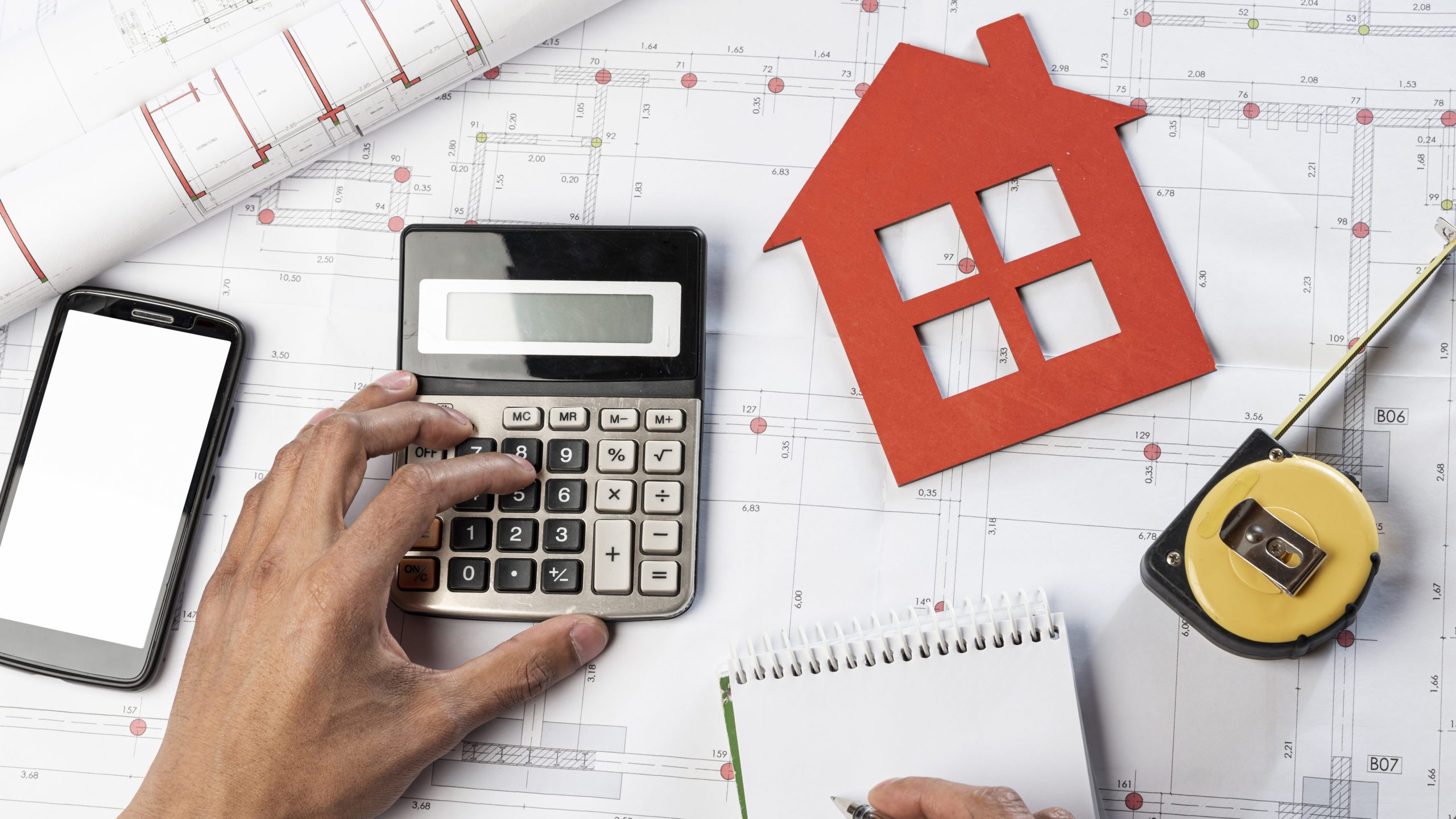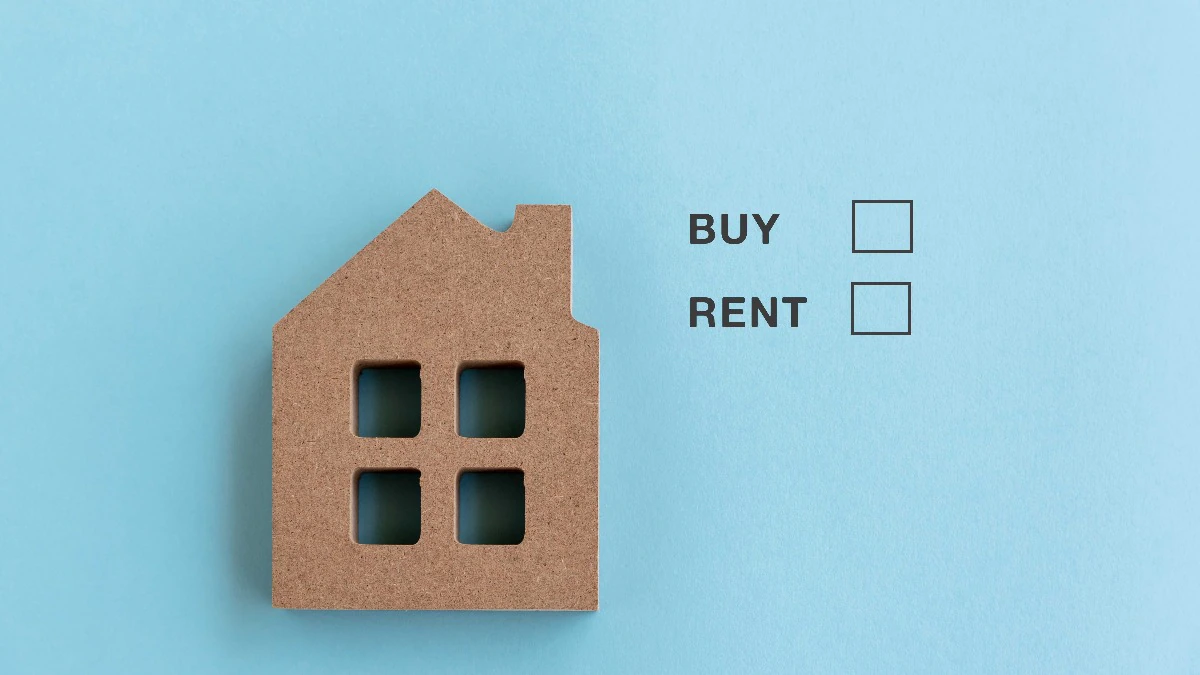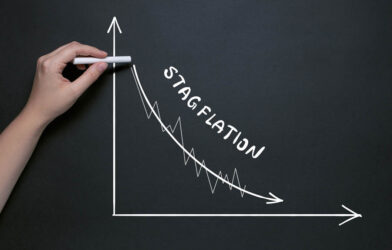The Housing Dilemma of 2025
In 2025, it has become complicated to decide whether to rent or buy a home mostly due to rising housing prices and mortgage rates. This article targets to analyze the costs related to renting and buying a home in 2025, with the main focus on the United States and European countries.

Rent vs. Mortgage: Which Costs More Each Month?
To begin with, a monthly cost comparison between renting and buying is a good start to see which one is more affordable monthly. For this, the average renting price is compared against the average mortgage payment, a loan that homebuyers take from a bank to buy a home, with an obligation to pay back usually within 20-30 years.
The average monthly rent for a standard 2-bedroom apartment is approximately € 3,460 in New York, € 3,515 in London, € 2,587 in Paris, € 2,000 in Milan, € 1,900 in Madrid, € 1879 in Berlin, € 1,390 in Stockholm, € 1,315 in Warsaw, € 1,155 in Prague, and € 989 in Budapest (Global Property Guide, 2025a).
Conversely, the estimated average monthly mortgage payment for a standard 2-bedroom apartment is € 4,703 in New York, € 3,522 in London, € 2,380 in Paris, € 1,524 in Milan, € 1,796 in Madrid, € 1,865 in Berlin, € 1,131 in Stockholm, € 1,309 in Warsaw, € 1,613 in Prague, and € 1,224 in Budapest (Global Property Guide, 2025b & 2025c).
The numbers above have been calculated based on information on average property prices and mortgage rates (extra yearly amount paid to banks for borrowing) retrieved from Global Property Guide. The assumption used for the calculation is that homebuyers have standard mortgage terms – a 30-year mortgage with fixed rates and a 20% down payment, which is an initial payment in the very beginning just like rental deposits.
The comparison between renting and buying based on the listed numbers reveals that the difference is not huge. However, it is worth pointing out that the reality may be different. First, these numbers are depicted as on average; thus, the costs vary depending on location, condition, size, and many other factors. Second, the calculation for buying follows a strict assumption that all individuals face a standard mortgage term, which is different for individuals in reality. All in all, there is no huge difference in the monthly rental and mortgage payments at first sight.
The Hidden Costs of Owning a Home
However, buying has hidden additional expenses making it less affordable, such as transaction fees, property taxes, insurance, and maintenance, most of which renters do not pay.
Transaction fees, or so-called closing costs, include upfront costs that homebuyers pay at the beginning when they buy a home, such as paperwork, legal fees, and down payment. For example, such costs, excluding down payment, range from 10% to 12% in Spain (Donaldson, 2025).
Meanwhile, property tax is a yearly tax that homeowners pay to the government, depending on the value of their home. Property tax varies by location and home value. For instance, it ranges from 0% to 2% in Europe, implying taxes up to € 20,000 for a € 1,000,000 home (Luxury Playbook, 2025).
Likewise, insurance is a yearly fee that homeowners pay to the relevant institutions to protect their homes against any sort of damage. It usually costs a couple hundred euros.
Additionally, maintenance cost is money that homeowners spend to maintain their homes in good shape, such as fixing broken parts. Experts recommend spending 1% to 4% of a home value annually on maintenance (Farmer, 2024). For a € 1,000,000 home, this equals € 10,000 to € 40,000. While renters also pay for only a few maintenance, homeowners are responsible for every kind of maintenance, increasing their potential expenses.
Overall, buying a home may actually be more costly than renting due to some hidden costs, such as transaction fees, property taxes, insurance, and maintenance.

Building Equity vs. Paying Rent
Despite the additional expenses associated with buying, homeowners still benefit from equity building, unlike renters. To elaborate, homeowners build their wealth as they pay mortgages. For instance, if homebuyers have paid half of the mortgage payments, they already own 50% of the home. Once they own the home, they can even resell it if it has become more valuable. However, renters lose all the money spent on their rent once they leave it. Nonetheless, renters still avoid the risks related to the volatility in property values. Therefore, homeowners benefit from equity, whereas renters enjoy lower risks associated with the property market.
Flexibility or Stability? Lifestyle Matters Too
Besides financial costs and benefits, renting and buying also differ in terms of flexibility and stability. While renters have greater flexibility to change their homes for work, study, and other personal reasons, buying requires more stability. For this, advisors have a 5-year rule: buy a home if you plan to stay for at least five years; otherwise, rent it (Bankrate, 2025). The choice depends on personal pereferences at the end.
Final Thoughts: No One-Size-Fits-All Answer
To sum up, whether renting or buying is better really depends on each person’s situation. If someone plans to stay in one place for a short time, renting is usually cheaper and more flexible. Buying a home can be a good investment in the long run because you build ownership, but it also comes with extra costs like taxes and maintenance. In 2025, with high prices and interest rates, the decision is harder than before. Some people may want the freedom of renting, while others prefer the stability of owning a home. In the end, the best choice depends on the personal plans, financial situation, and interests.
References
Bankrate. (2025, March 15). How long should you live in your home before selling? Retrieved May 26, 2025, from https://www.bankrate.com/real-estate/how-long-should-you-live-in-your- home-before-selling/
Donaldson, E. (2025, March 3). Property buying costs in Spain: Taxes and fees in 2025. Idealista. Retrieved May 26, 2025, from https://www.idealista.com/en/news/financial-advice-in- spain/2025/03/03/7875-the-costs-and-taxes-associated-with-buying-a-home-in-spainIdealista
Farmer, T. (2024, May 20). Average home maintenance costs. HomeGuide. Retrieved May 26, 2025, from https://homeguide.com/costs/average-home-maintenance-costs
Global Property Guide. (2025a, May). Rental prices: 2-bedroom apartments by country. Retrieved May 26, 2025, from https://www.globalpropertyguide.com/
Global Property Guide. (2025b, May). Median property prices by country/city. Retrieved May 26, 2025, from https://www.globalpropertyguide.com/most-expensive-cities
Global Property Guide. (2025c, May). Mortgage loan interest rates: 1–5-year changes by country. Retrieved May 26, 2025, from https://www.globalpropertyguide.com/mortgage-interest-rates
Luxury Playbook. (2025, May 25). Property taxes in every European country (2025). Retrieved May 26, 2025, from https://theluxuryplaybook.com/property-taxes-in-every-european-country/














